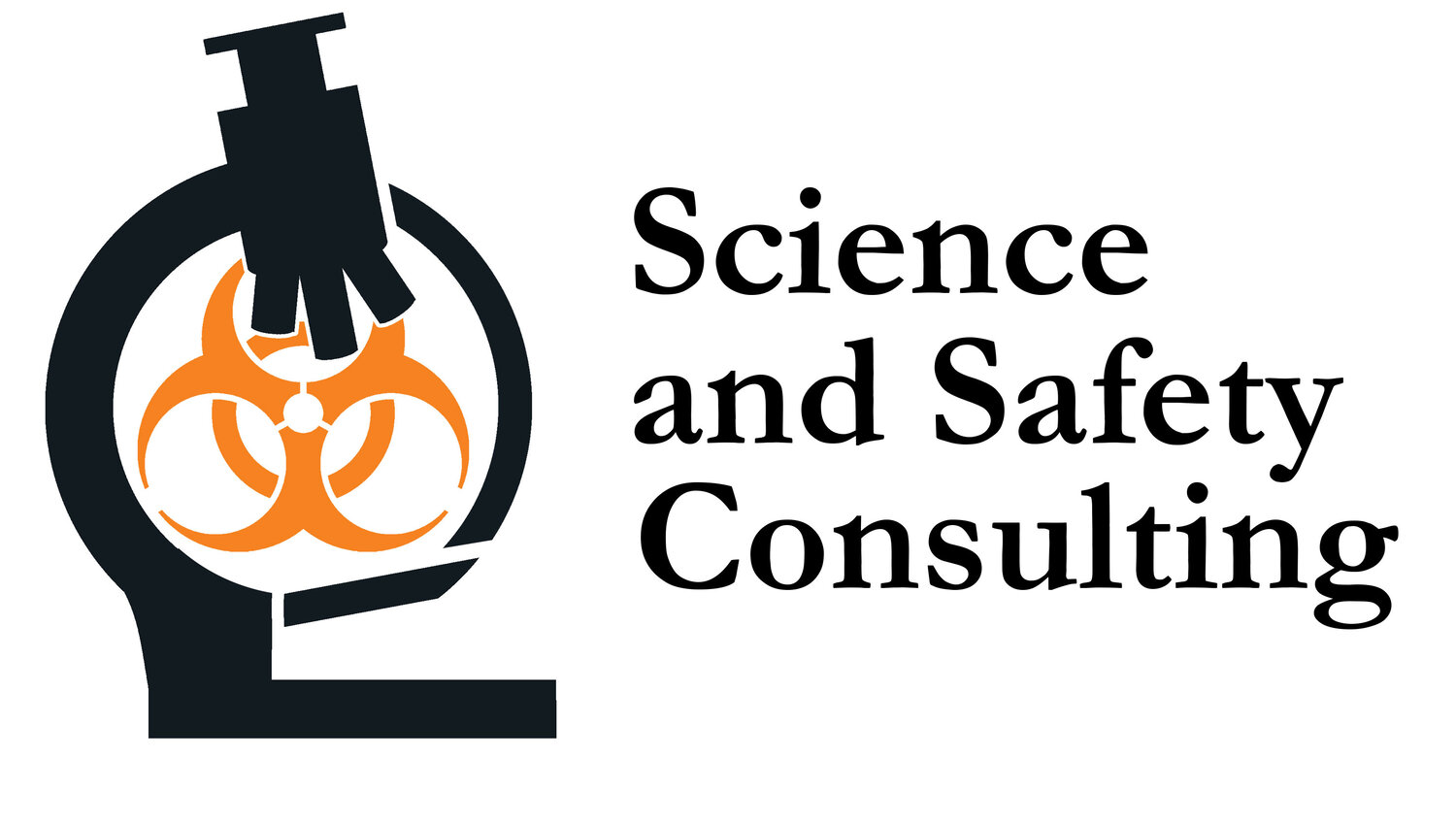International Infection Prevention Week 2020
This year International Infection Prevention Week is October 18th-24th. This is a week designed to raise awareness and celebrate infection preventionists (IPs) and all they do to prevent healthcare-associated infections and protect public health arranged by the Association for Professionals in Infection Control and Epidemiology (APIC for short). You may be wondering: what is infection prevention? Who are infection preventionists? And what do they do? Well, you’ve come to the right place for answers, so let’s dive in.
Every day, approximately 1 in 31 hospitalized patients has at least one healthcare-associated infection (HAI) according to the Centers for Disease Control and Prevention. In a survey conducted in 2015, there were an estimated 687,000 HAIs in acute care hospitals in the US. Over 10% (72,000) of these patients ended up dying. Although there was a 16% lower risk of patients getting a HAI noted in the 2015 survey than the previous 2011 survey, there is still opportunity for improvement to prevent patient infections in healthcare settings.
This is where infection preventionists come in. Formerly (and sometimes still) referred to as infection control practitioners, IPs are concerned with patient safety and preventing or stopping the spread of infections in healthcare. They help your healthcare team, visitors, hospital staff, and others keep you safe when you’re in a hospital or receiving healthcare services.
There are many different organisms that can cause infection in hospitalized patients especially when individuals have a weakened immune system, surgical interventions, or the placement of medical devices into the body. The most common types of healthcare-associated infections are: catheter-associated urinary tract infections, surgical site infections, bloodstream infections (catheter or tube-associated), or pneumonia. In healthcare settings, antibiotic resistant organisms including Methicillin-resistant Staphylococcus aureus (MRSA) or Vancomycin-resistant Enterococcus (VRE) and naturally difficult to kill bacterial spores of Clostridium difficile may be spread between patients without adequate infection prevention measures in place.
IPs are charged with ensuring that:
1) your healthcare team cleans their hands before and after your care (this is, unfortunately, a sometimes difficult task in and of itself. See this article for more information on the reported lack of hand washing or “hand hygiene” in healthcare settings);
2) your healthcare team wears the appropriate personal protective equipment (gowns, gloves, masks, etc.) when they need to for your care and that visitors also do so when necessary;
3) any devices that will be placed into your body (catheters, etc.) are done so through cleaned skin and that the devices are kept clean and removed as soon as possible; and
4) your room and any other equipment you come into contact with is appropriately cleaned.
Infection preventionists’ critically important role in patient and healthcare worker safety has been brought to the forefront recently during the response to the COVID-19 pandemic. As noted above, IPs ensure that your healthcare team wears their PPE correctly. This protects not only the patient during care but also serves to protect that worker from acquiring infection from a contagious patient. This helps keep the healthcare workers safe and available to take care of more ill patients. IPs have been developing plans for hospital surge capacity, pandemic preparedness, and to ensure routine medical visits are still able to happen safely during the pandemic. They are evaluating ever changing guidance on PPE usage, appropriate disinfectants and cleaning procedures, and patient isolation requirements. IPs navigate the PPE supply chain, serve as resources for their friends, families, and networks to provide practical guidance for infection prevention practices, and consult with businesses and schools in their communities to assist with identifying safe practices for reopening. The work of IPs mostly goes under the radar to the general public, though this is often case with jobs meant to ensure that something does NOT happen. However, in light of recent events, the contribution of IPs has and should continue to draw attention to the crucially important work that they do in healthcare and for public health at large.
If you’ve ever been a patient in a healthcare setting and did not get an HAI, you likely have an IP to thank for it. So please join me this year in celebrating the work of infection preventionists and healthcare workers in preventing and stopping the spread of HAIs in healthcare settings and COVID-19 in our communities!
For more information about IPs and IIPW check out APIC’s Infection Prevention and You webpage.
